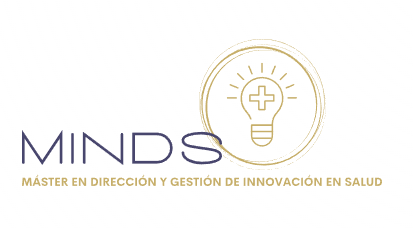The nineth session of the program of lectures Valdecilla Progress Reports will take place on the 5th of April. The conference will be given by Raquel García López, Postdoctoral researcher at Physiology and Pharmacology Deparment at the University of Cantabria. Main investigator in a Next-Val project in 2015.
The session will be about “tgf-beta mediated signalling in aortic abdominal aneurysm: molecular mechanisms and therapeutic approach” and is briefly summarized below:
Abdominal aortic aneurysm (AAA) is a leading cause of sudden death in aged people. Progressive aortic dilation is characterized by imbalances between apoptosis vs proliferation of vascular smooth muscle cell (VSMC) and extracellular matrix (ECM) degradation vs synthesis. Current evidence suggests that transforming growth factor-ß (TGFß) protects experimental animals against AAA formation, postulating that TGFß signalling pathways might provide a therapeutic target in AAA. In this regard, the BMP and activin membrane-bound inhibitor (BAMBI) is a decoy type I receptor that negatively modulates TGF-ß signaling. We observed that animals deficient in BAMBI, which have increased TGF-ß signaling in the aortic wall, conferred protection against the development of AAA under AngII administration. Analysis of abdominal aorta with transmission electron microscopy (TEM) confirmed that BAMBI-/- animals presented less ECM accumulation and more integrity in elastic lamina compared with wild type animals after 2 weeks of ANGII treatment. In cultured human VSMC, treatment with either AngII or TGFb1 induced a contractile phenotype. Conversely, silencing BAMBI reduced the expression of contractile markers and increased proliferation markers. All this data suggest that the absence of BAMBI induced a favorable SMC phenotype that protects against AAA by decreasing ECM contributors to aortic wall stiffness.
This program of seminars is given by young researchers on the field of IDIVAL’s clinic and laboratories. Speakers will explain the scientific advances of their current research projects. With the idea of debating and networking, the main goal of these meetings, all the predoctoral contracts, Post-MIR Valdecilla López Albo researchers, Río Hortega and Inn-Val grants are invited to attend to these sessions as part of their training.
The meeting will take place on the 5th of April in lecture room 4-5, pavilion 16 of the HUMV (1st floor) and has a capacity of 30 people. The session will be given in English and will last around 30 minutes and follow by a debate.
Researchers who attend 80% of the meetings throughout the academic year will receive a certificate of assistance.
For any questions regarding Progress Reports sessions, please contact the department at gesval1@idival.org





















